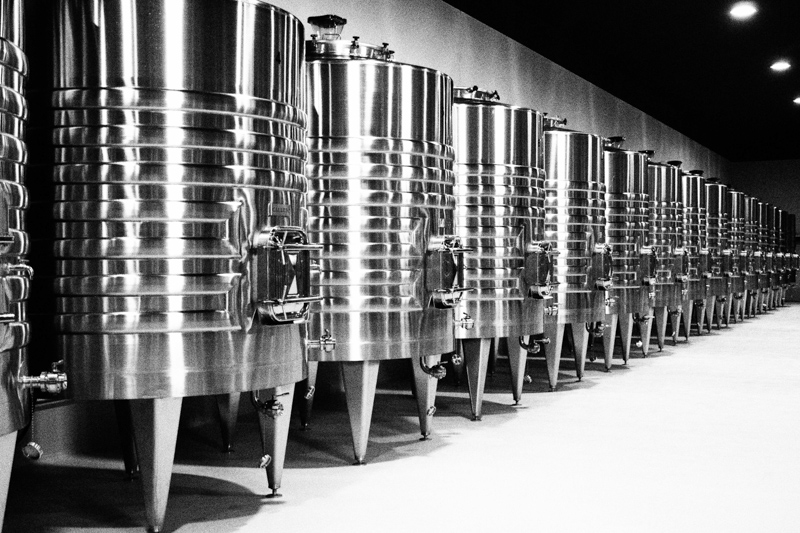We’ve just had an election in the UK. It was quite an important one, and the result surprised many of us. The Conservative Party, who’ve been in power for a long time now, won with a handsome majority. Yet from my social media timelines – and here this is mainly Twitter I’m referring to, because it tends to be more political – I heard almost no Conservative-supporting voices.
This is the filter bubble effect.
It’s very easy to believe that your worldview is a fair and accurate reflection of what is really out there. But we can deceive ourselves easily. Social media algorithms, and – of course – our own choices in who we follow and read, lead us into a filter bubble or echo chamber, where we are surrounded disproportionately by those who share our interests or beliefs.
This applies to wine, too.
When I first started drinking wine back in 1993, the internet hadn’t yet arrived. I had to glean my knowledge from books and magazines. I went to the occasional tasting. I had a few friends who were sort of interested in wine, too. Then, a few years later, we got the internet at work. I discovered bulletin boards: here was a place where you could congregate with geeks. Like minds met. We even met ‘offline’ too, for wine dinners. Suddenly it was full immersion wine geekery and I learned a lot fast. That’s the power of the internet.
It’s easy to forget, though, that even though there are many geeks out there – and many tens of thousands of people working professionally with wine in some capacity (worldwide, probably millions), what wine looks like to normal people.
I meet lots of normal people. People who drink wine regularly, but wouldn’t say it is a particular interest of theirs. Seriously: we are in a wine bubble. It’s my observation (although I wouldn’t claim this as fact) that, for normal people in the UK:
- They have never heard of natural wine. They would be puzzled to know that it’s a topic of controversy in the wine world.
- Jancis Robinson and Robert Parker are famous in the wine world but no one has every heard of them
- No one reads wine magazines or wine websites. Reading about wine is far too abstract
- No one is particularly worried about wine bottle closures: they don’t find cork a problem and they’re happy with screwcaps, too
- People buy the wine that’s in front of them
- Vanishingly few people spend more than £10 retail on a bottle of wine
- Exhibiting at consumer shows is an almost total waste of money. You reach very few people in total, and most are just there to have a drink.
These observations aren’t meant to be mean or defeatist, just realistic. Does that mean that writing about wine is a useless activity? No. The good news is that there are enough geeks out there that I can make a living. Also, websites like this, as well as enthusing geeks, it is read by the trade: people who make buying decisions, and people who sell wine. The internal conversation in the wine trade matters, because this influences the wines that end up in front of consumers, who then make their choices from those wines that they are faced with.
As Hugh Johnson once said, wine needs words. It isn’t just a liquid that tastes nice: there’s a lot of cultural heritage, geekery, art and science to wine. It is joyful and life-enhancing when it is made honestly from grapes grown in interesting places. And people seem to enjoy it on so many levels. But we need to recognize that we are living in a bit of a filter bubble when it comes to our discussions about it.

